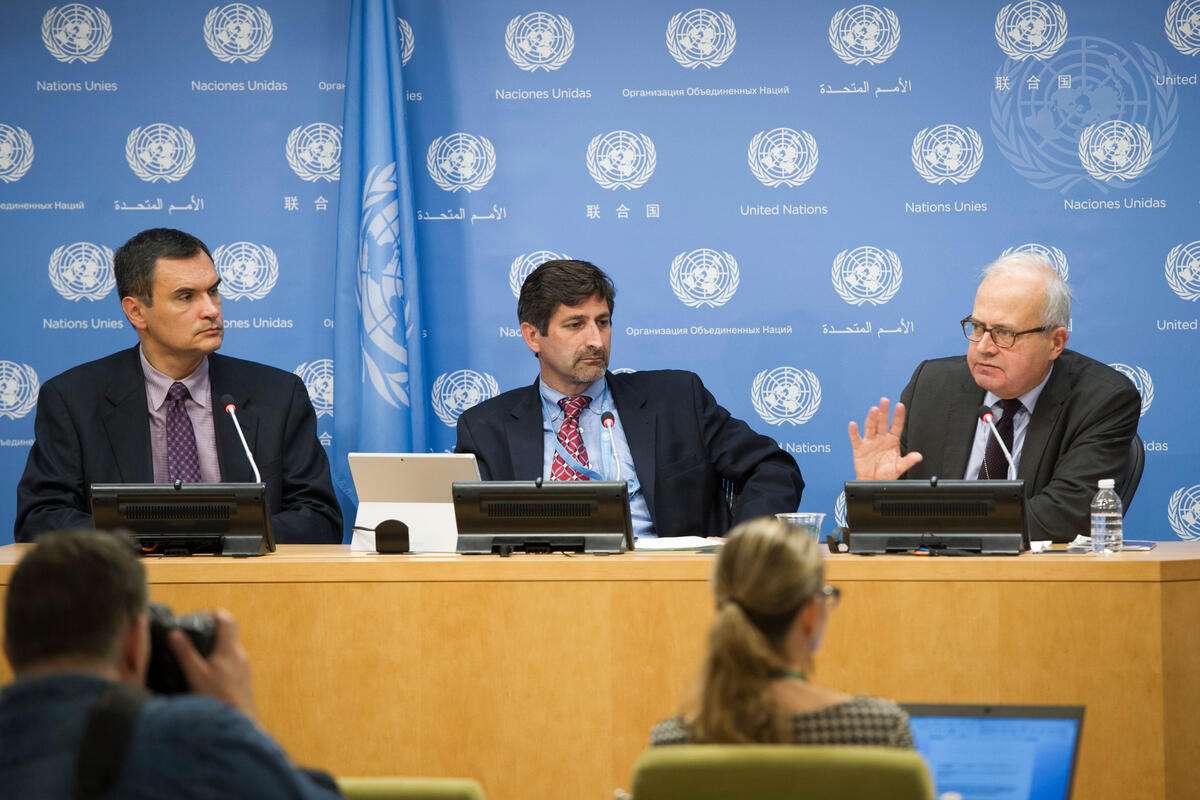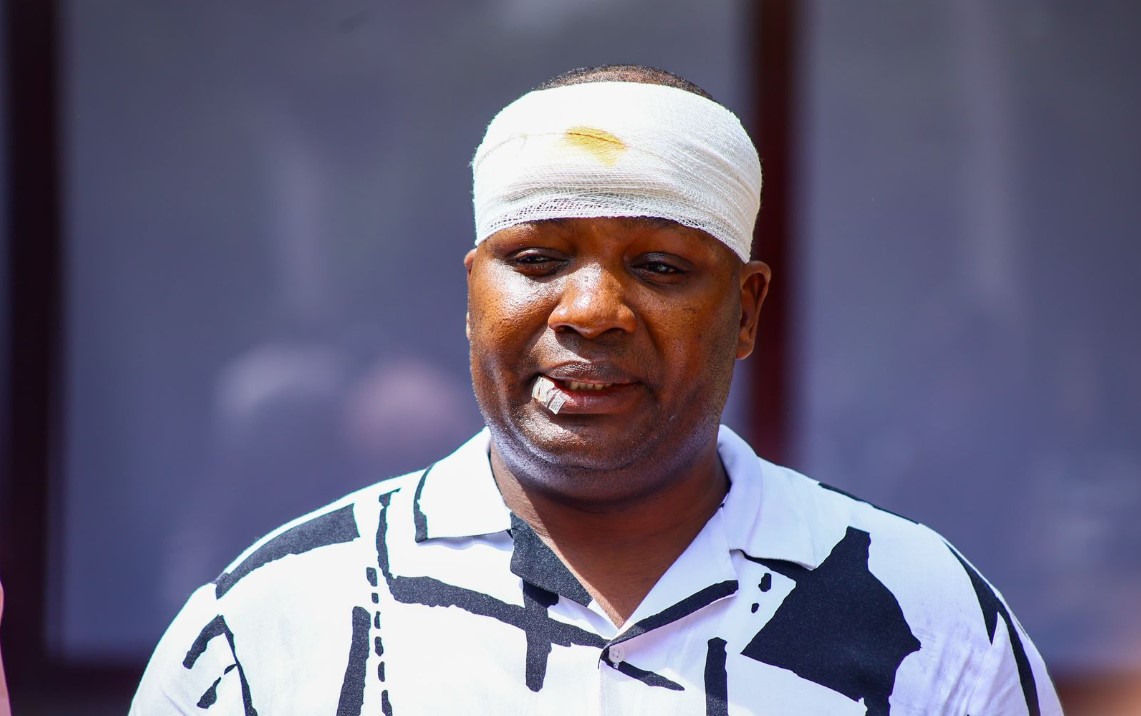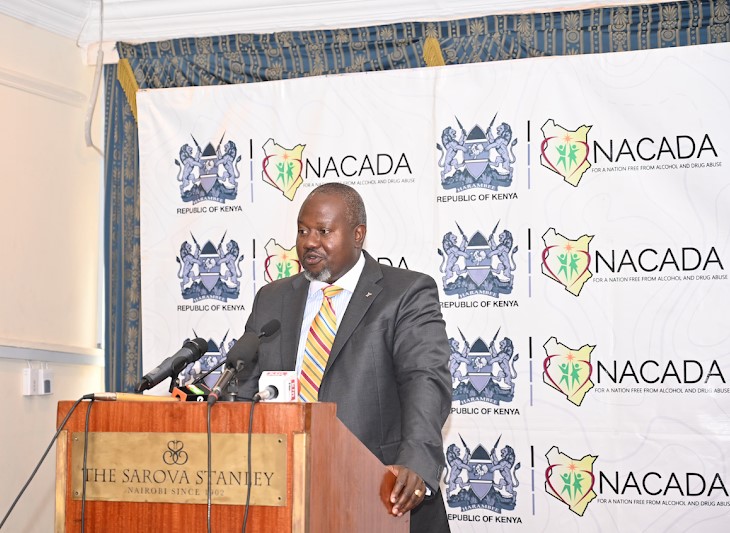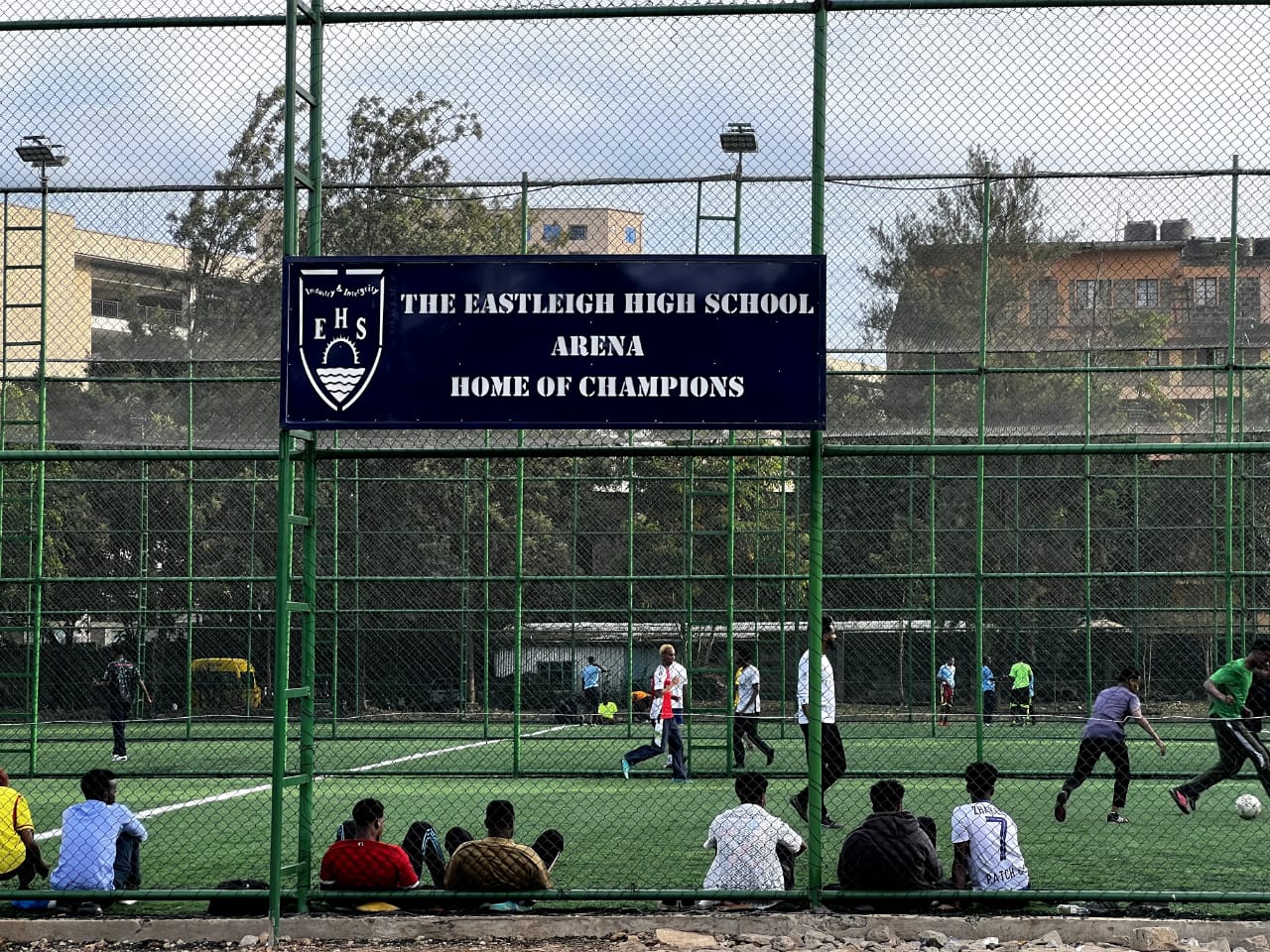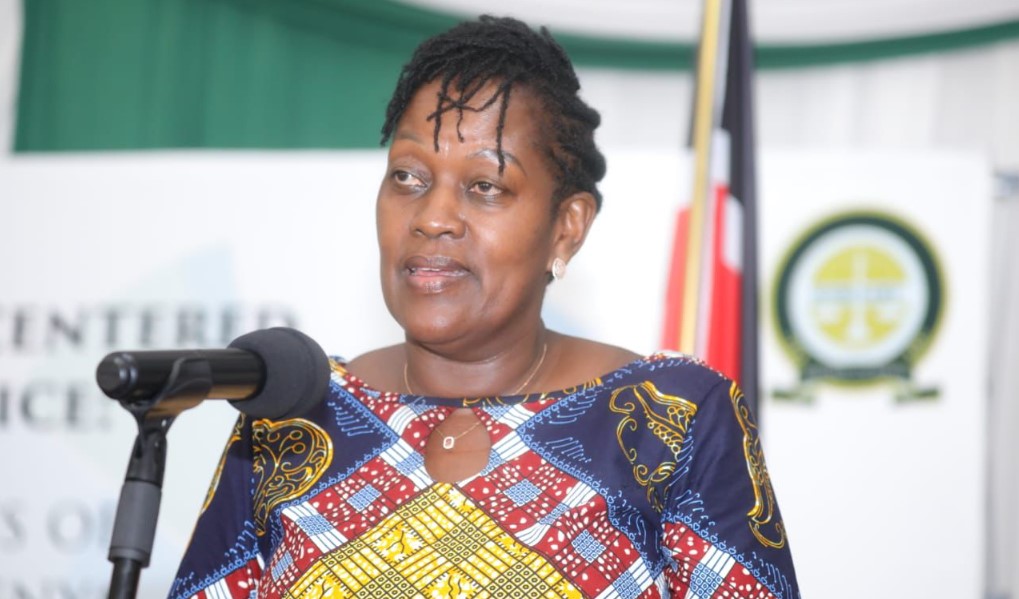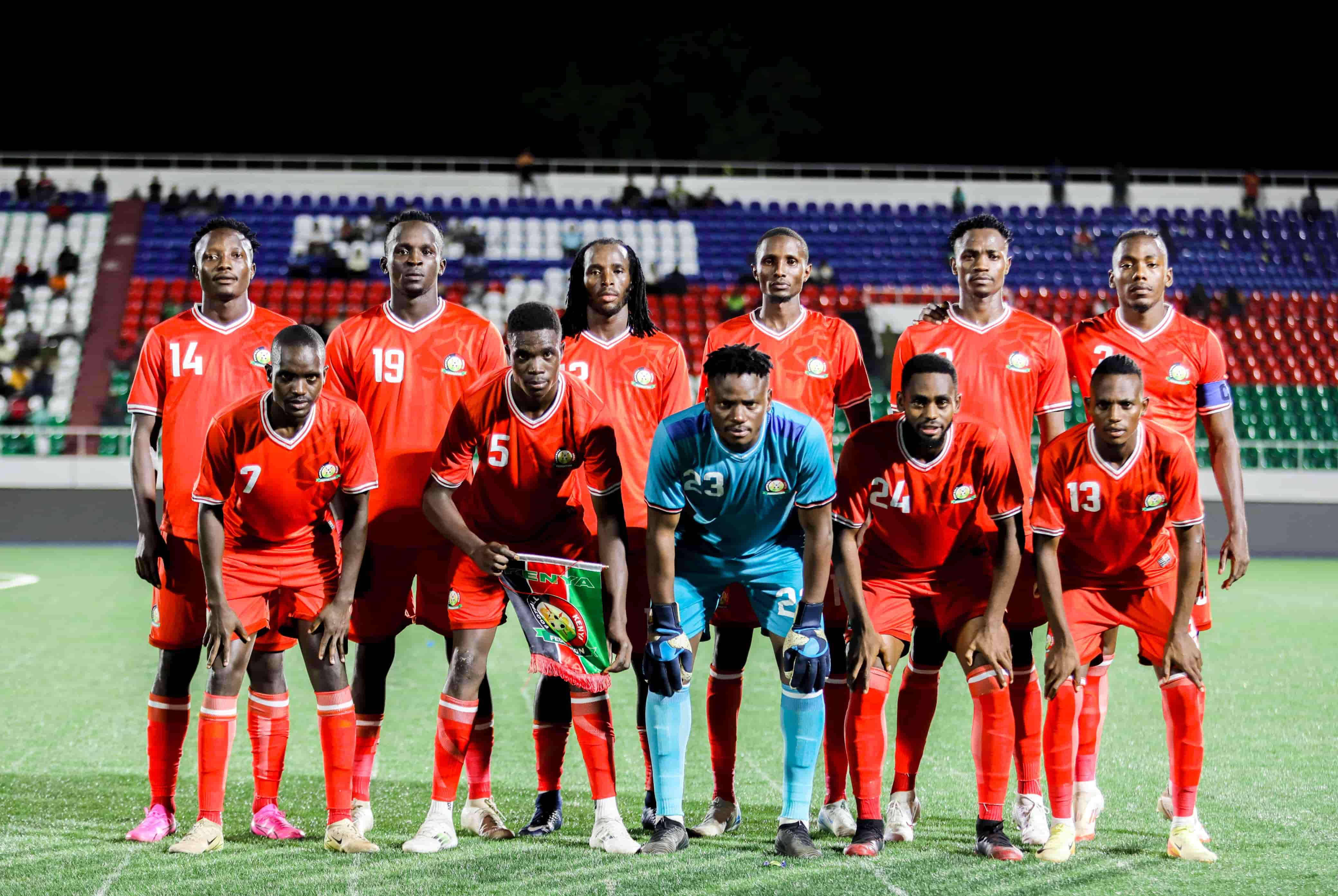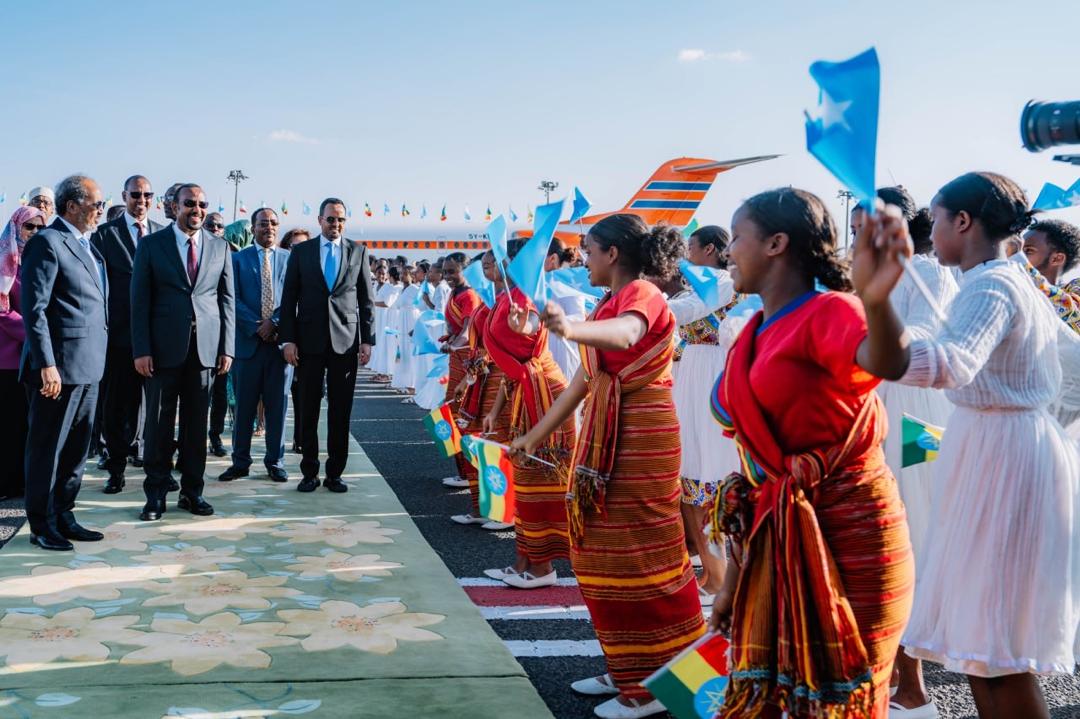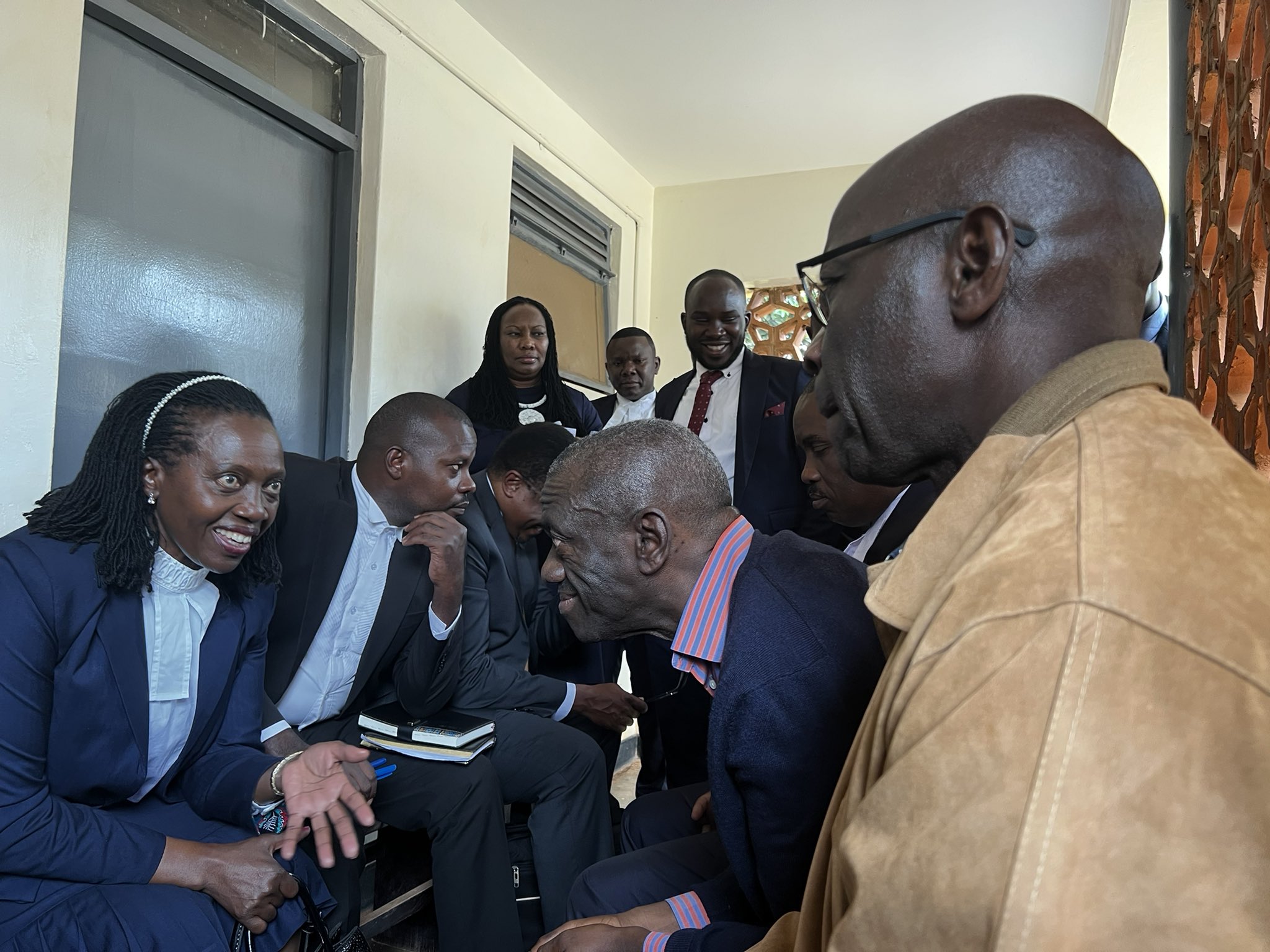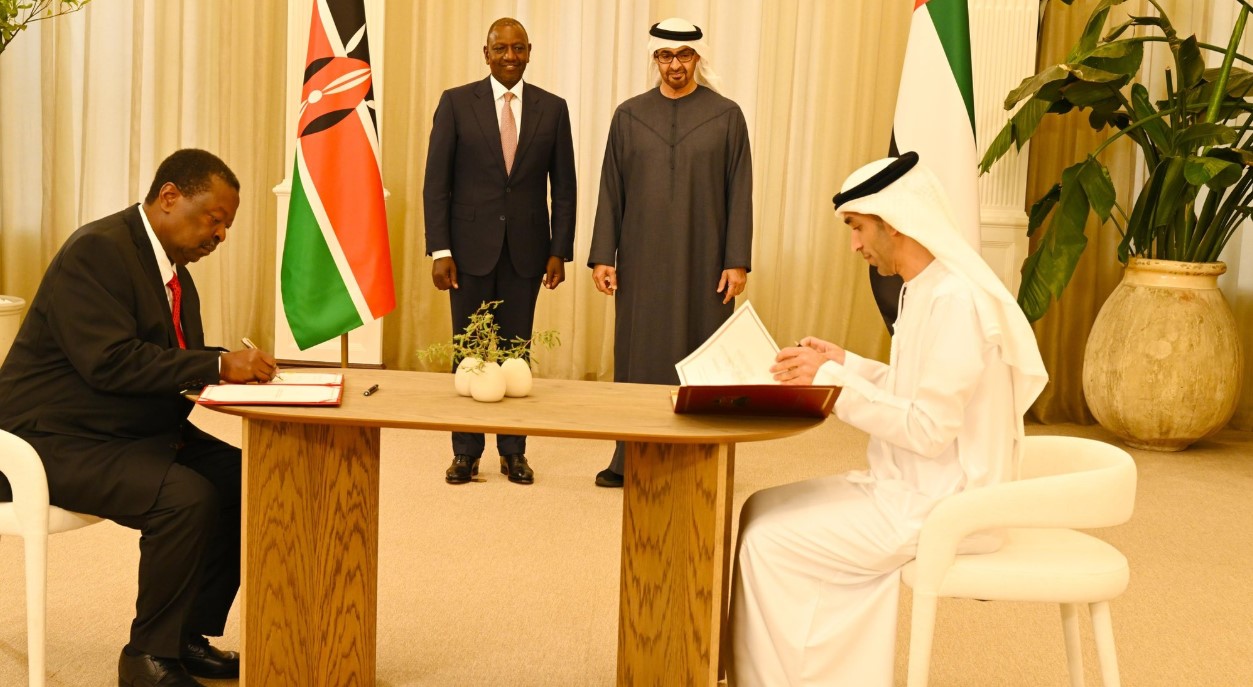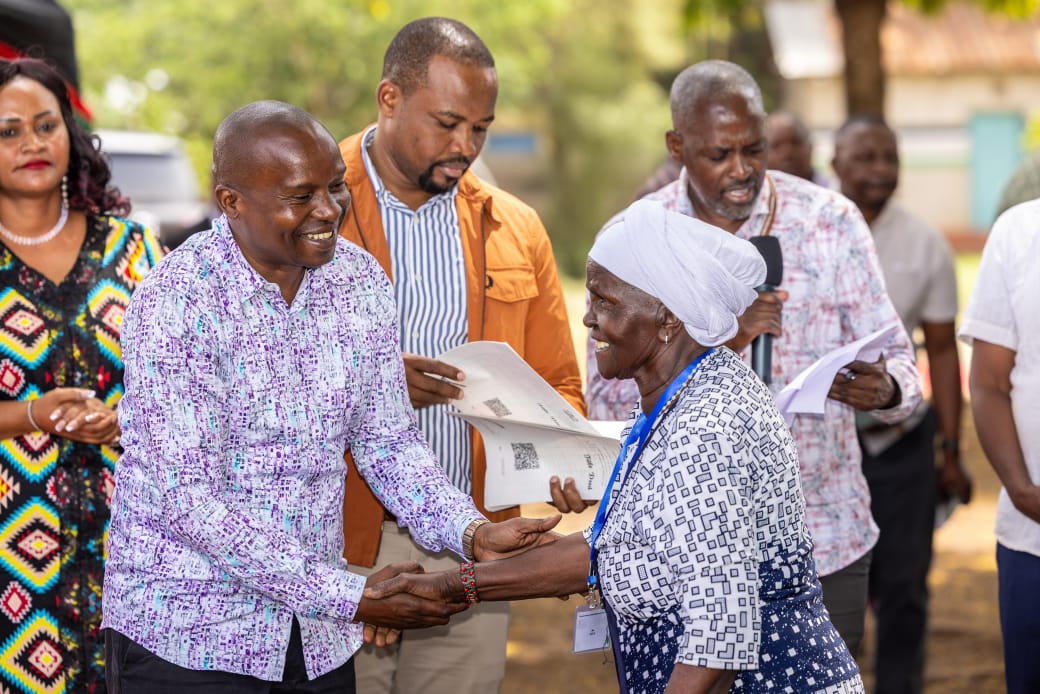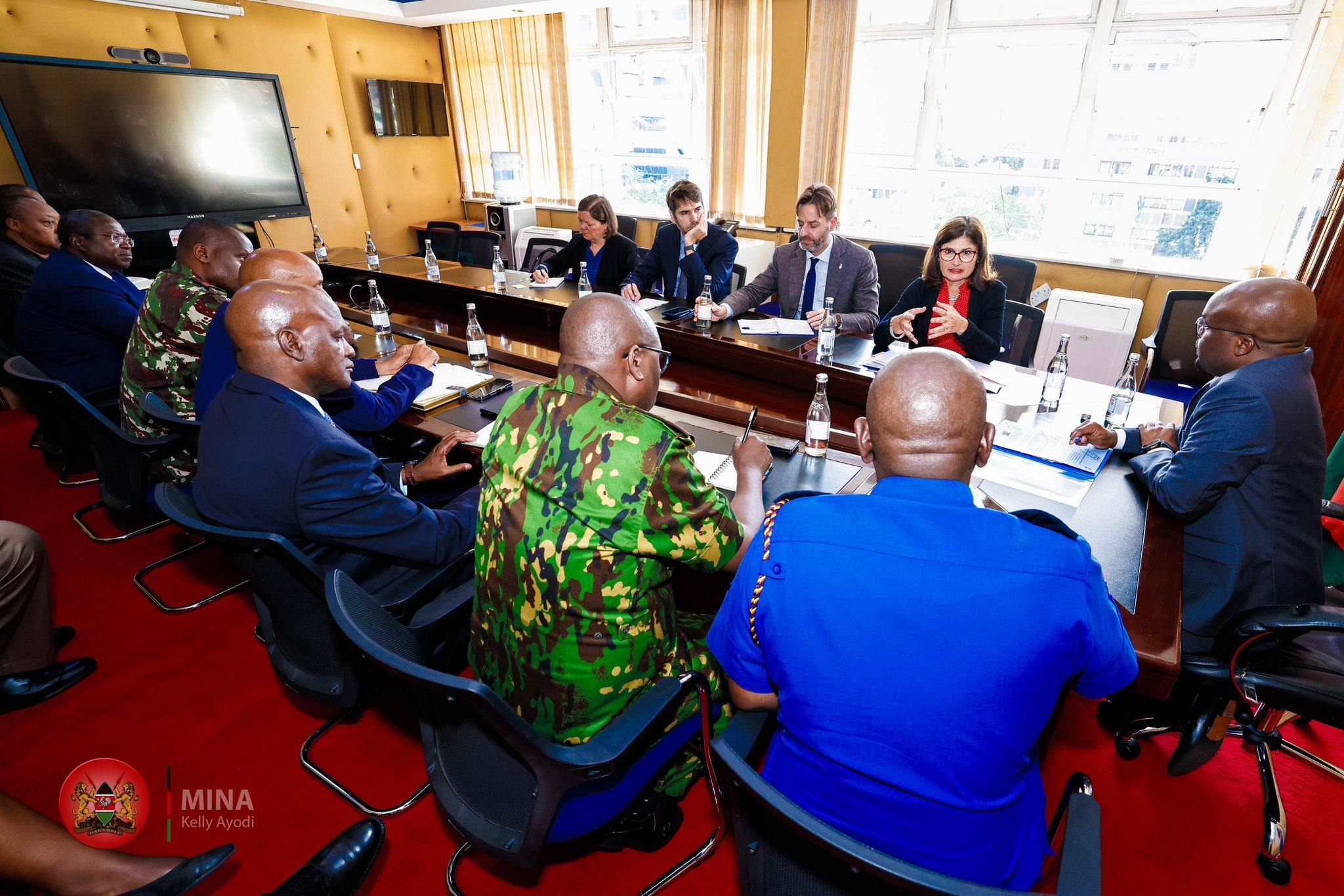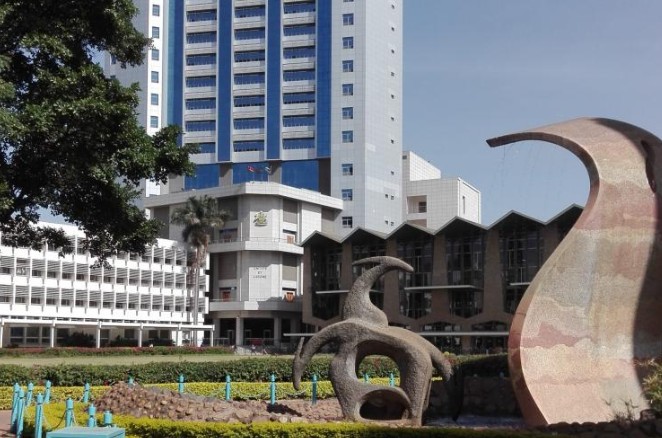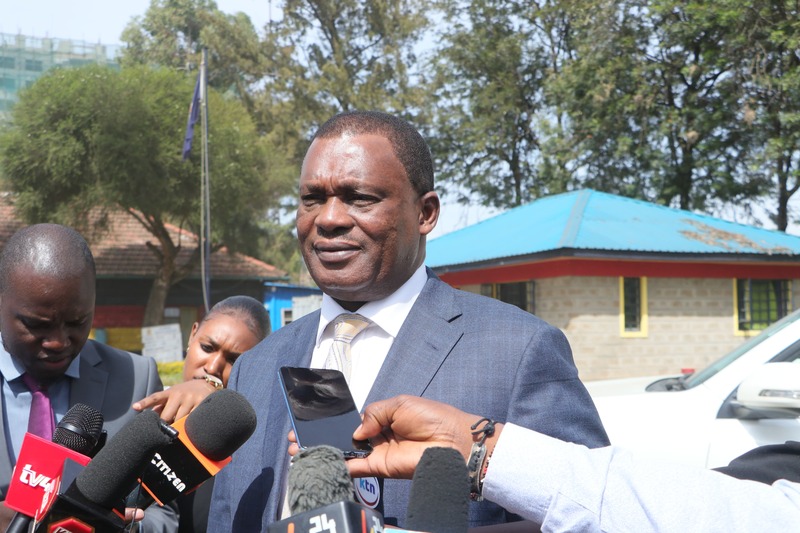Interior Ministry proposes monthly allowances for village elders in new Bill
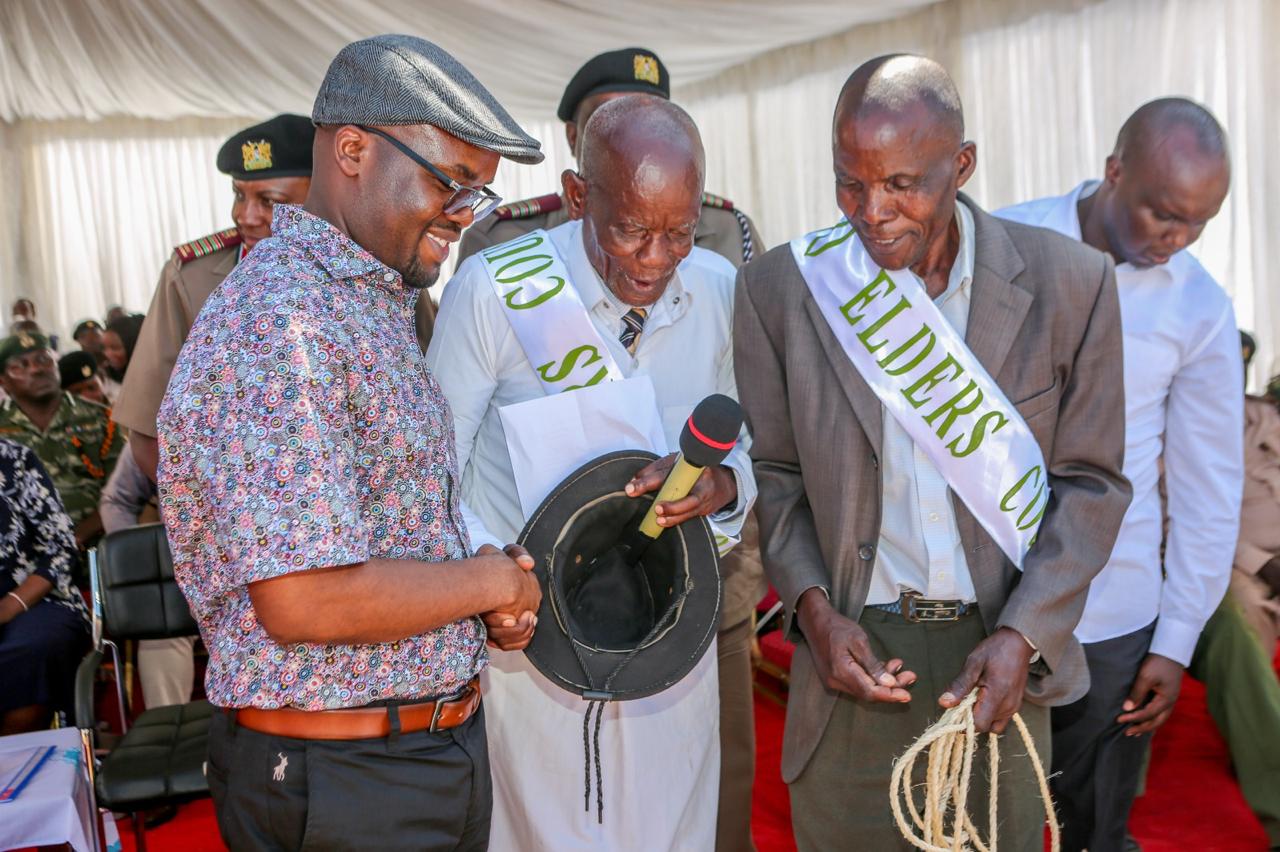
Kindiki said the Bill seeks to recognise village elders as National Government Administrative Officers, proposing payment of allowances as determined by the Public Service Commission in consultation with the Salaries and Remuneration Commission.
The Ministry of Interior and National Administration has proposed paying allowances to village elders to strengthen grassroots governance and community development across the country.
According to the Ministry, village elders have played a crucial role in grassroots governance throughout Kenya's history and represent the government's interests at the local level.
More To Read
- Garissa elders warned against using maslah courts to resolve criminal cases
- NGAO targets to register 12 million Kenyans for Universal Health Coverage – CS Kindiki
- Kwale residents want chiefs equipped with mediation skills to curb GBV
- Govt sets aside Sh2.7 billion annual budget for village elders' salaries
"They oversee villages and work under the guidance of chiefs and assistant chiefs. Despite their integral role in facilitating services and assisting the National Government at the village level, they have traditionally worked as volunteers without compensation," the Ministry said.
The proposed National Government Coordination (Amendment) Bill recommends a phased implementation of a monthly allowance of up to Sh7,000, depending on Kenya's economic conditions, for village elders across the country.
An initial stipend of Sh2,000 per month is proposed, which is in line with the disbursement given to elders in the Inua Jamii Programme.
"This approach will enable the Ministry of Interior and National Administration to evaluate the financial impact and present it to the National Treasury for budgetary allocation," the Ministry said.
While addressing the Senate Standing Committee on National Security, Defence, and Foreign Relations, Interior Cabinet Secretary Kithure Kindiki urged lawmakers to revise the National Government Coordination Act No. 1 of 2013.
He proposed designating a village as the fundamental administrative unit. Kindiki outlined that, following the amendment of the Act, the Ministry would introduce criteria for establishing villages, which would take into account population size, geographic area, and socio-cultural factors.
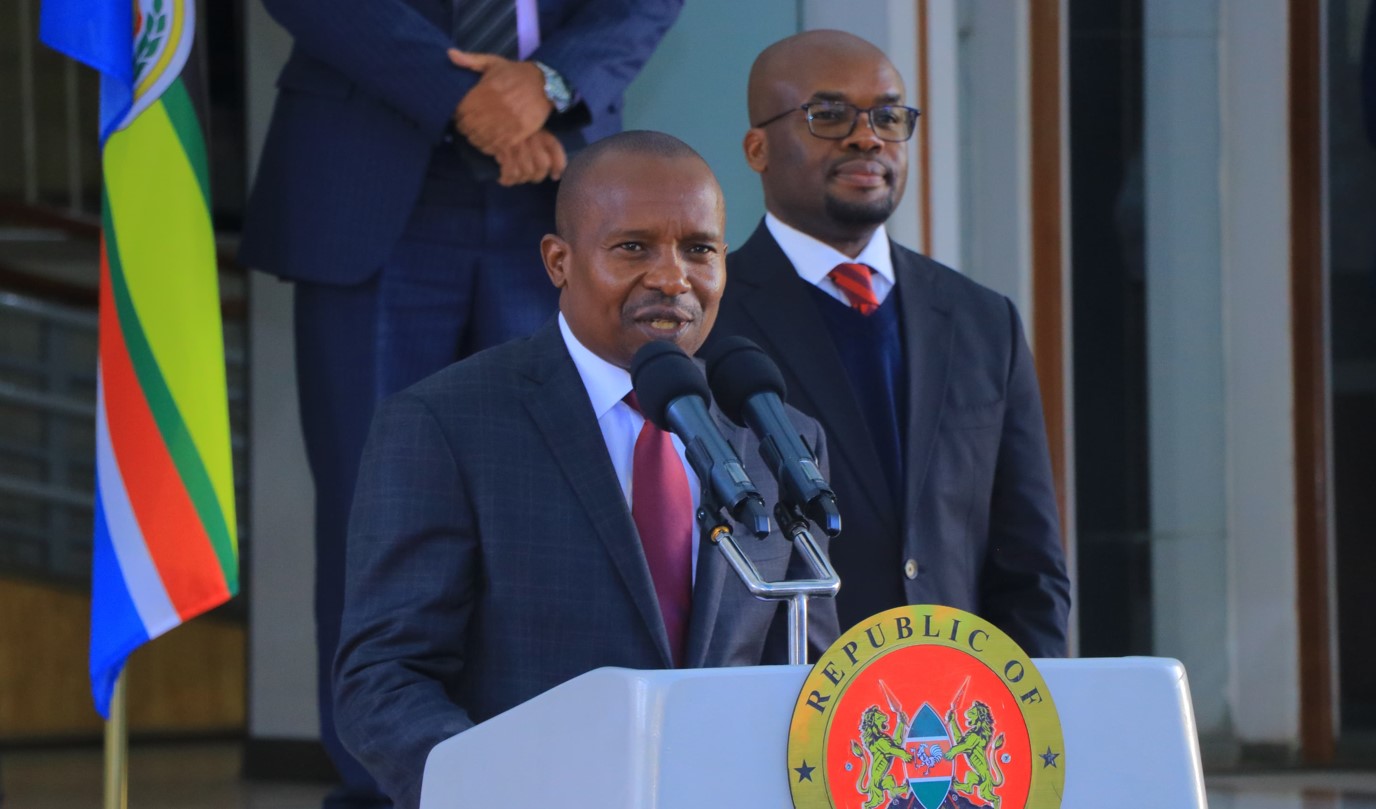 Interior Cabinet Secretary Kithure Kindiki addresses a press conference in Nairobi, regarding protests against the Finance Bill, on June 24, 2024. (Photo: Barack Oduor/EV)
Interior Cabinet Secretary Kithure Kindiki addresses a press conference in Nairobi, regarding protests against the Finance Bill, on June 24, 2024. (Photo: Barack Oduor/EV)
"The Kenya Kwanza Administration acknowledges the critical services provided by village elders and emphasises the need for their support through formal recognition and remuneration," he said.
SRC consultation
Kindiki said the Bill seeks to recognise village elders as National Government Administrative Officers, proposing payment of allowances as determined by the Public Service Commission in consultation with the Salaries and Remuneration Commission.
According to the Ministry, there are currently 9,045 sub-locations and 106, 072 villages in Kenya.
It added that the legislative proposal aims to amend the National Government Coordination Act of 2013 to recognize village elders in each unit officially.
The policy framework also addresses concerns about the recruitment of village elders. The framework covers various aspects, including terms of engagement, functions of village elders, recruitment criteria, remuneration schemes, termination processes, disciplinary actions, and conditions for vacating office.
Village elders, also known as headmen or wazee wa mtaa, are usually selected based on their tenure in the community, knowledge of its members, familiarity with the area, integrity, and experience.
If the Bill is adopted, village elders, who have previously coordinated government programmes without compensation, will receive an allowance and be legally recognised as government officers on special duty, given that their recruitment and retention criteria are different from the standard civil service framework.
The Ministry noted that this acknowledgement will formalise their influence in the community and their active involvement in numerous public committees within their jurisdictions.
Internal Security Principal Secretary Raymond Omollo also emphasised the need to acknowledge the vital role of village elders in engaging citizens and facilitating decision-making processes.
He highlighted their significant contributions to rural community development, including their efforts in promoting awareness, resolving disputes, and advancing development initiatives and social services through the Nyumba Kumi Initiative.
"Village elders play a crucial role in our communities, and it is essential that we recognise their efforts. The Government under H.E. President William Ruto is committed to enhancing regulatory effectiveness and improving the provision of public goods and services, and village elders are key partners in achieving these goals," Omollo said.
Trending
